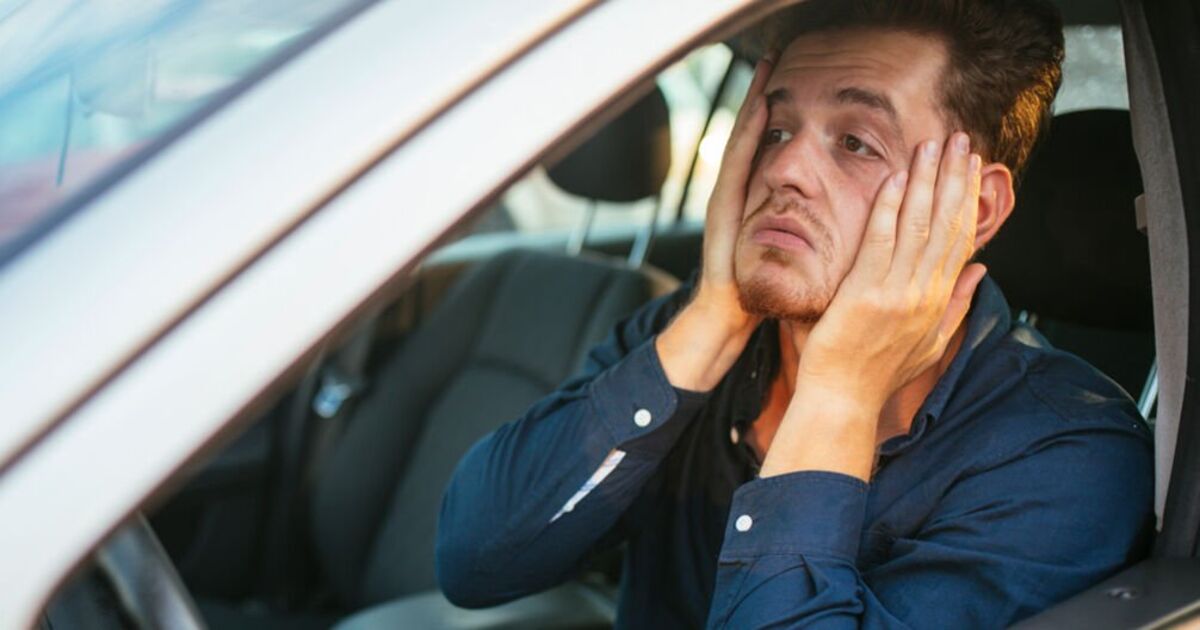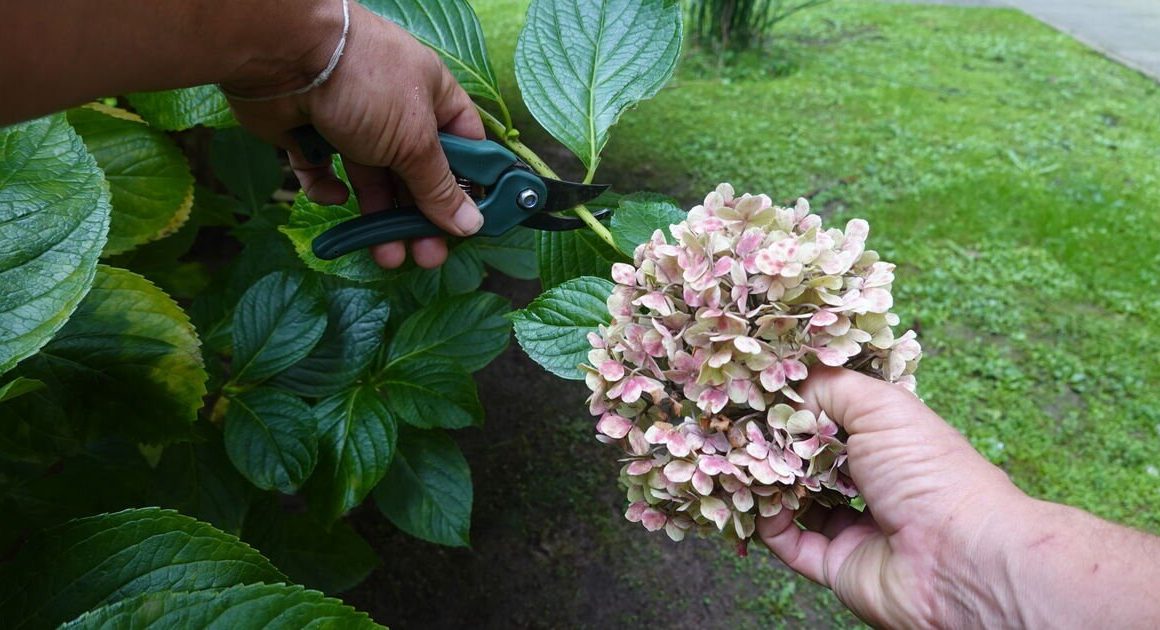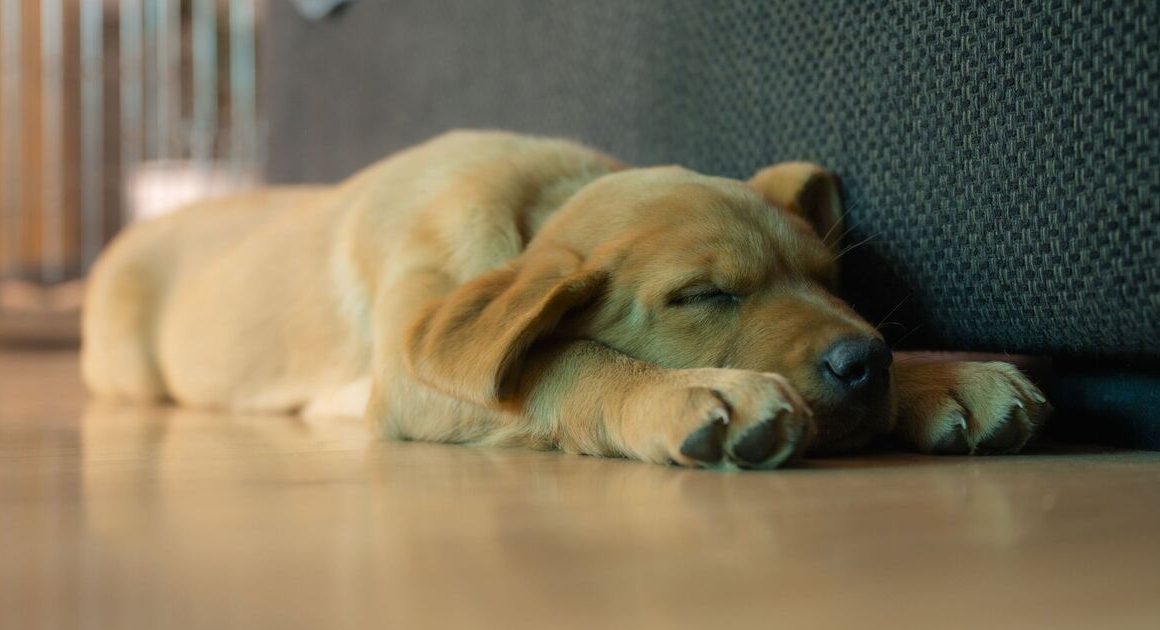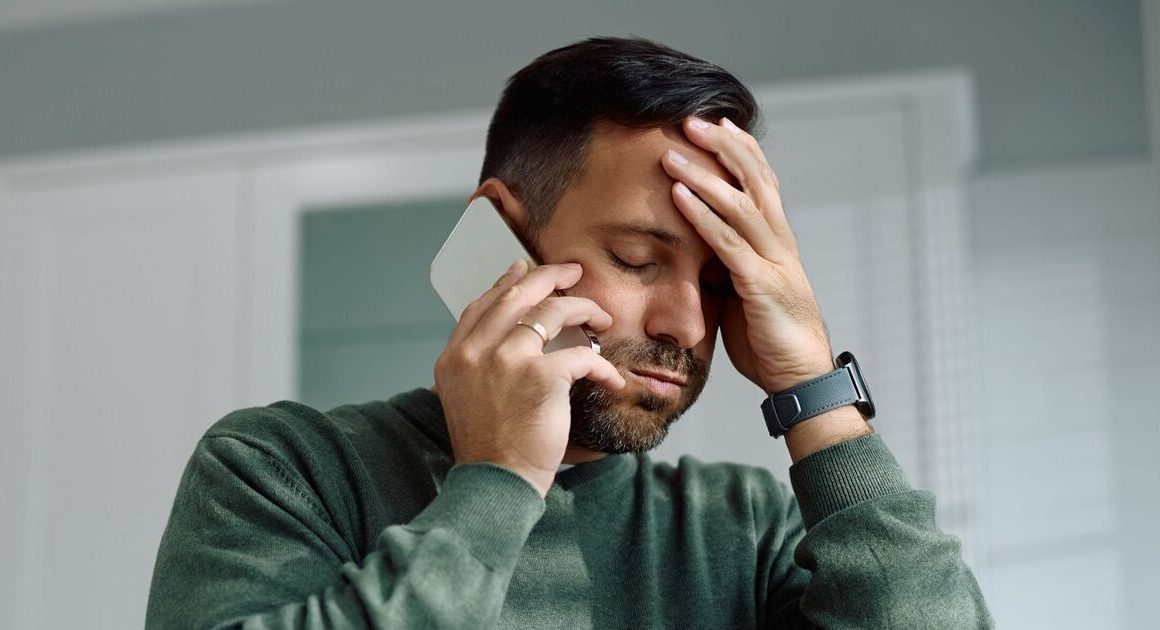Officials at the DVSA have issued a major warning ahead of New Year’s Day, with motorists heading out at serious risk of fines and penalties.
Experts have stressed that those hoping to let their hair down and enjoy the festivities should “not assume” they are sober the next morning.
Individuals may take precautions not to drink-drive this evening but forget they could still be over the limit tomorrow.
In England, Wales and Northern Ireland, the drink-drive limit is 80 milligrams of alcohol per 100 millilitres of blood.
Motorists could also be over the line if they record 35 micrograms of alcohol per 100 millilitres of breath.
The DVSA posted on social media site X: “Wishing you and yours a very Happy New Year from DVSA.
“Start 2025 off right with a safe #NewYearsEve.Don’t take risks on the road. Don’t assume you’re safe to drive in the morning if you’ve been drinking this evening.”
Previous data has revealed crashes on New Year’s Day are 36% more likely to involve death or serious injury than accidents on other days.
Meanwhile, previous research suggests around 20% of people over the drink-drive limit were caught the morning after.
Bryn Brooker, head of road safety at Nextbase, said: “New Year’s Day sees a lot of horrific crashes caused by alcohol or drugs.
“One of the big risks is people who assume they are sober after having a bit of a nap, which can be extremely dangerous.
“There is no way to speed up your body’s processing with alcohol with coffee or the like: You just need to wait.
“The exact amount of time will vary based on your size, but an hour for every standard drink you consumed is a good starting point.”
Motorists caught drink-driving could be fined up to £5.000 and penalty points on their licence.
In some situations, motorists could even be handed a driving ban or charged for driving under the influence.
Quotezone explained: “Residual alcohol can still impair your driving the next morning.
“Calculate how long it’s been since your last drink, but remember this is only a rough guide. If you feel hungover or unsure, it’s safest not to drive at all.”












